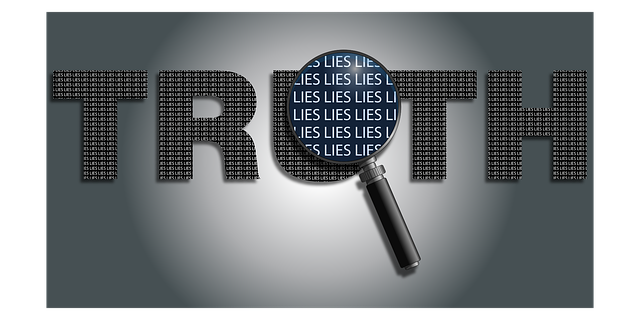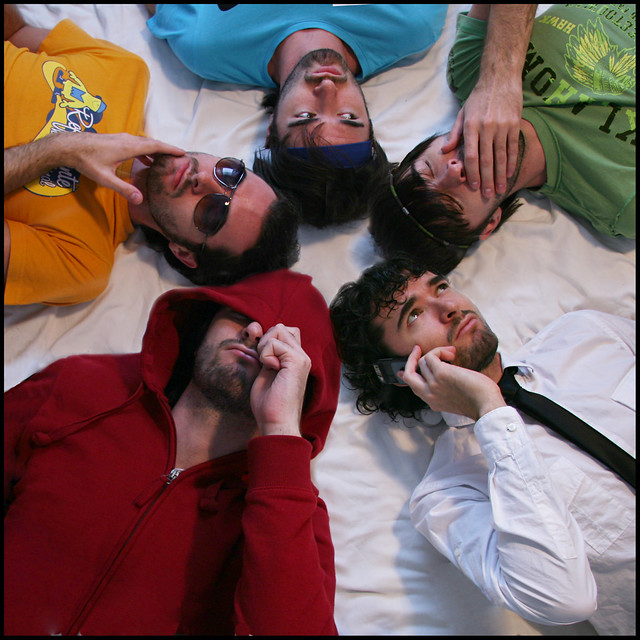Surgeons Reveal Truth: Must Read!

skeeze / Pixabay
In my reading this morning, I found a great article that divulges the truth about many elements regarding surgery that you are unlikely to ever hear or read anywhere else again. These are true confessions from surgeons–directly.
Some of the elements I, myself, have personally discovered through experience, and thankfully didn’t get hurt because I caught the lies. In one situation, a doctor recommended an organ-removal surgery. She tried to scare me that I had a strong potential for cancer, which couldn’t be determined until after the surgery, and if I was her family member, she would schedule me immediately.
It was only after I got a second opinion, and did my homework that I was able to put the pieces together that this doctor was unskilled to do a less dramatic surgery because it was way more complex. It was scary to think that she was willing to take dramatic steps on my body that could have life-long side affects due to her lack of skill and know-how! And this doctor was rated very highly. It blew me away.
If you have 10 minutes to spare today, this is one article I can’t recommend strong enough that you read. I found it to be very true, very honest and revealing about what your surgeon is likely not going to tell you, but YOU NEED TO KNOW!
Here are some of the advice from this article, but don’t stop here–they explain each piece! There is so much more you can learn and it could possibly save you or your loved one’s life one day:
- If your primary care doctor recommends another doctor, don’t assume it is because he or she is good
- Some surgeons will not recommend procedures they don’t know how to do (as I stated above)
- When going into surgery, do you know who your anesthesiologist will be? You should!
- Mistakes are more common than you think
There are 50 tips in this article–don’t stop here!
Education is a vital tool in exposing liars. Liars hate educated people–take it from me. I know.


 Many people assume when they see my nickname of “Eyes For Lies” that I teach people about how the eyes reveal lies. I do not teach nor do I believe that our eyes reveal lies. As an expert in spotting deception and understanding human behavior identified in a world renowned scientific study, I rely on different clues than most people are familiar with. I believe that in order to be good at spotting deception you have to understand people first and foremost.
Many people assume when they see my nickname of “Eyes For Lies” that I teach people about how the eyes reveal lies. I do not teach nor do I believe that our eyes reveal lies. As an expert in spotting deception and understanding human behavior identified in a world renowned scientific study, I rely on different clues than most people are familiar with. I believe that in order to be good at spotting deception you have to understand people first and foremost.